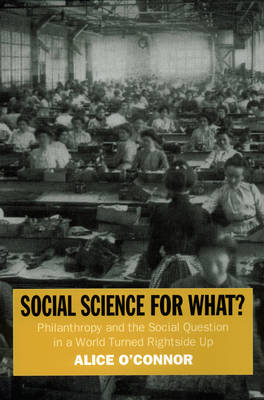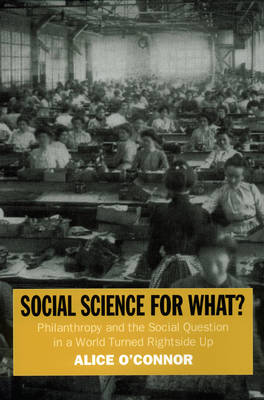
- Retrait gratuit dans votre magasin Club
- 7.000.000 titres dans notre catalogue
- Payer en toute sécurité
- Toujours un magasin près de chez vous
- Retrait gratuit dans votre magasin Club
- 7.000.0000 titres dans notre catalogue
- Payer en toute sécurité
- Toujours un magasin près de chez vous
Urban Inequality
Evidence from Four Cities
59,45 €
+ 118 points
Description
Despite today's booming economy, secure work and upward mobility remain out of reach for many central-city residents. Urban Inequality presents an authoritative new look at the racial and economic divisions that continue to beset our nation's cities. Drawing upon a landmark survey of employers and households in four U.S. metropolises, Atlanta, Boston, Detroit, and Los Angeles, the study links both sides of the labor market, inquiring into the job requirements and hiring procedures of employers, as well as the skills, housing situation, and job search strategies of workers. Using this wealth of evidence, the authors discuss the merits of rival explanations of urban inequality. Do racial minorities lack the skills and education demanded by employers in today's global economy? Have the jobs best matched to the skills of inner-city workers moved to outlying suburbs? Or is inequality the result of racial discrimination in hiring, pay, and housing? Each of these explanations may provide part of the story, and the authors shed new light on the links between labor market disadvantage, residential segregation, and exclusionary racial attitudes. In each of the four cities, old industries have declined and new commercial centers have sprung up outside the traditional city limits, while new immigrant groups have entered all levels of the labor market. Despite these transformations, longstanding hostilities and lines of segregation between racial and ethnic communities are still apparent in each city. This book reveals how the disadvantaged position of many minority workers is compounded by racial antipathies and stereotypes that count against them in their search for housing and jobs. Until now, there has been little agreement on the sources of urban disadvantage and no convincing way of adjudicating between rival theories. Urban Inequality aims to advance our understanding of the causes of urban inequality as a first step toward ensuring that the nation's cities can prosper in the future without leaving their minority residents further behind. A Volume in the Multi-City Study of Urban Inequality
Spécifications
Parties prenantes
- Editeur:
Contenu
- Nombre de pages :
- 563
- Langue:
- Anglais
- Collection :
Caractéristiques
- EAN:
- 9780871546517
- Date de parution :
- 16-10-03
- Format:
- Livre broché
- Format numérique:
- Trade paperback (VS)
- Dimensions :
- 169 mm x 237 mm
- Poids :
- 839 g

Les avis
Nous publions uniquement les avis qui respectent les conditions requises. Consultez nos conditions pour les avis.





